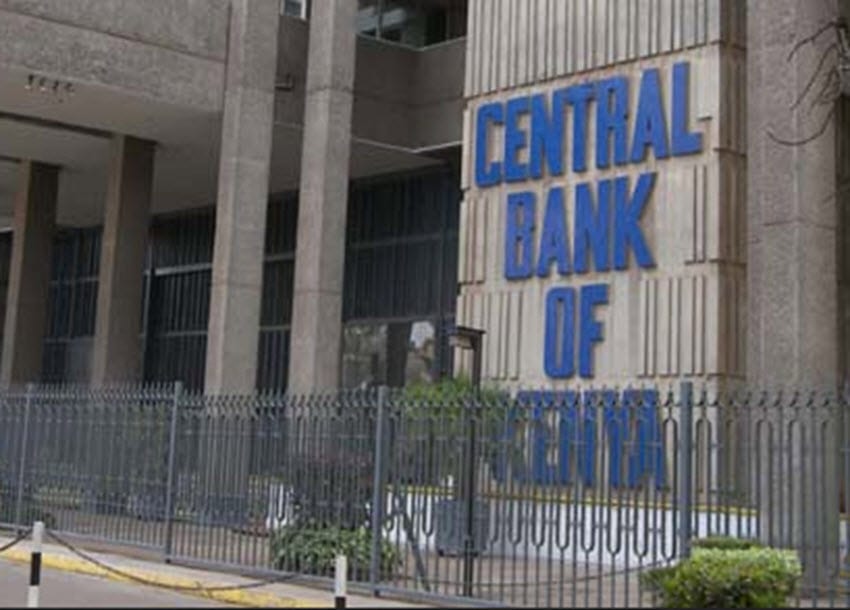Banks risk exposure by government securities

Commercial banks are increasingly eyeing government securities in a trend that will clip earnings for most tier-two lenders, a financial analyst has said.
Lenders gobbled up close to half of all government papers in the recent past with the latest weekly report by the Central Bank of Kenya (CBK) showing that as of May 12, 2023, banking institutions collectively held 45.56 per cent of all government securities in the country.
In an interview with the Business Hub, Genghis Capital investment analyst Ronny Chokaa said so as to retain customer deposits, commercial banks will be keen to raise their deposit interest to match government bonds.
“Banks now have to pay a higher interest on deposits so that deposits can remain in the bank. Otherwise, if they don’t do that, those customers will shift their deposits to government paper,” Choka observed.
“There is some concentration risk in the sense that if you are a bank and your balance sheet is too concentrated in government securities, there is a risk, say if at all there is some sought of delay or default, then banks will be highly exposed especially those that were heavily concentrated in government securities.”
For the first time in over 3 years, commercial bank’s raised their average rates to 7.16 per cent in February 2023, though they are still below the average interest on the 91 day treasury bill which was auctioned at 10.518 per cent last week.
Risk-based lending
The government has been in the market paying out higher rates, a factor that has increased the incentive for banks to lend to the government, however, this has been raising the fear of crowding out the private sector. Between 25 to 30 per cent of most bank’s total assets are in government securities.
However, the Nairobi-based analyst said the risk-based credit pricing model being rolled out by lenders will prop-up interest income to partially offset the impact of rising rates paid on deposits.
“Risk-based credit pricing gives banks the unique advantage of being able to effectively price for all risks associated with lending, while minimising adverse selection, in the process enhancing banks’ profitability,” he said.
Latest CBK data indicates that the bond turnover in the domestic secondary market increased by 69.3 per cent last week, while the Treasury Bill auction received bids totalling Sh36 billion against an advertised amount of Sh24 billion, representing a performance of 150.1 per cent.
“If customers want to withdraw their deposits, and banks are not able to liquidate their bond portfolio, it triggers a collapse. It is not a possibility that is far-fetched,” Choka said in reference to tier-2 lenders whose capital adequacy ratio is not strong enough.
He said should interest rates keep rising, the International Finance Reporting Standards (IFRS-9) will compel banks to re-value their government security holdings to present value and adjust for market losses.
“If interest rates go up, bond prices go down and vice versa. So if interest rates went up, because of that standard, all banks are required to adjust the value of their bond portfolio to present value and recognise that to their other comprehensive income. What that does is shrink profitability for banks. It also means that banks have to provide increased provisions for credit losses,” he said.












